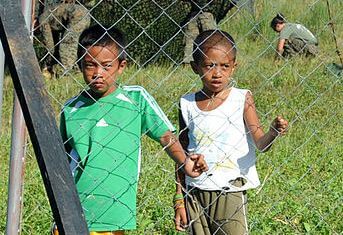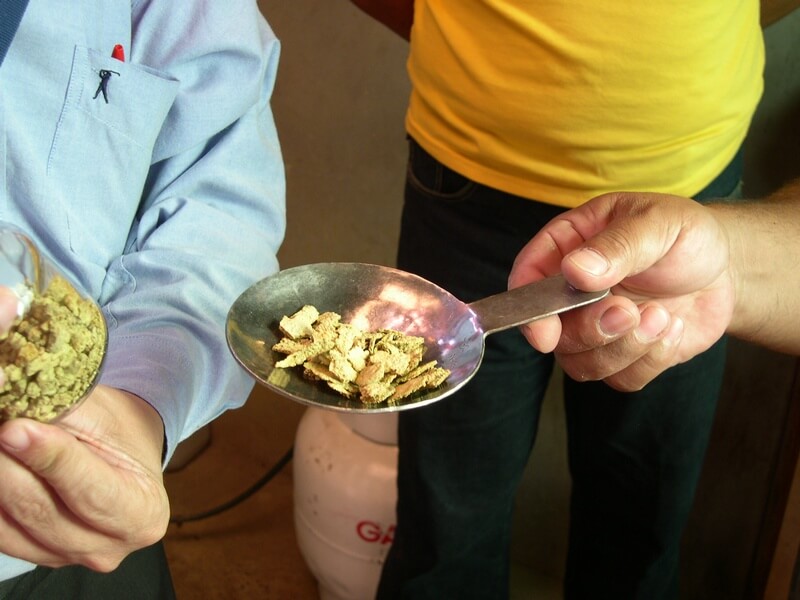 There are currently 115 million children with ages from five to 17 years old who work in hazardous occupations worldwide, the United Nations International Labor Organization estimates. Among them, about a million children work in the mining industry. Hundreds of maybe even thousands of them live in the Philippines.
There are currently 115 million children with ages from five to 17 years old who work in hazardous occupations worldwide, the United Nations International Labor Organization estimates. Among them, about a million children work in the mining industry. Hundreds of maybe even thousands of them live in the Philippines.
Recently, the Center for Investigative Reporting, in collaboration with the Pulitzer Center on Crisis Reporting, published an article about this scourge through the site Philly.com. The piece started by telling the story of a young miner:
Romnick Bocejo picked up his blowtorch and blasted a small lump of mercury and gold. A cloud of toxic fumes rose around his head as the heat vaporized the mercury. He covered his mouth and nose with his T-shirt, and kept working.
At 16, Bocejo has worked half his life in the meager family business: looking for gold in the remote mining region of Camarines Norte, about 200 miles southeast of Manila.
One of his jobs is to burn the mercury, and on this occasion, he produced a button-size lump of nearly pure gold. He is uncertain whether to believe the smoke is dangerous.
“I have been doing this since I was eight”, he said. “I do it every day now. I don’t know if the mercury contains poison. No one has ever told me that.”

Photo: Katja Radon
Even after all the warnings, several small-scale gold mining operations across the world still use mercury. This often illegal industry is actually the largest source of mercury emissions caused by humans: more than 35 percent of the global total, says the UN Environmental Program.
Currently, mercury use is still widespread in places like the Philippines and Indonesia, where child labor is also still common and small-scale gold miners operate freely without supervision or consequences ordered by the authorities.
The local government estimates there are more than 300,000 small-scale gold miners operating only in the Philippines. On the other side, the country’s authorities acknowledge that laws restricting them are scarcely applied.
